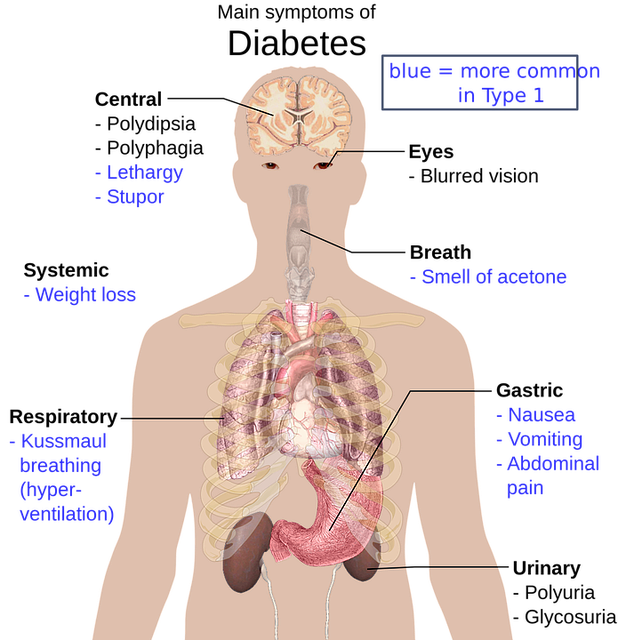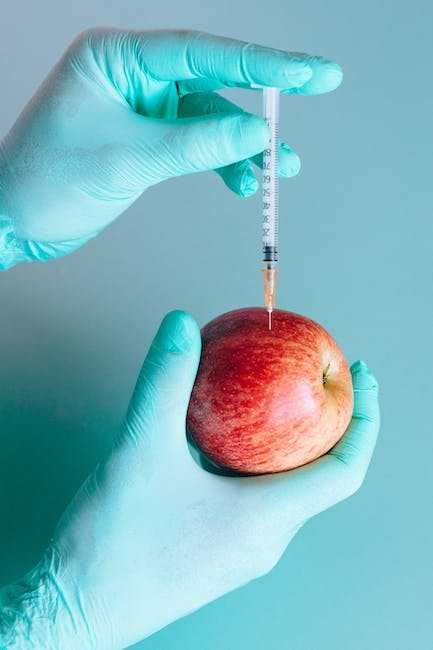
Contents
and Wellbeing
Good health is vital for a fulfilling and productive life but, no matter how much we try to maintain healthy habits, sometimes we’re in need of prescription medication. When prescribed medication, it’s important to adhere to the dose and schedule given by your doctor, as this ensures optimal health and wellbeing. Improperly taking prescription medication can have a number of different consequences, from worsening symptoms to side effects and allergic reactions. Therefore, medication adherence is essential in order to remain healthy and enjoy a better quality of life.
What is Medication Adherence?
Medication adherence is the process of taking the correct dose of medication on time as prescribed by your doctor or health care provider. This is usually done to treat an existing condition, manage a chronic illness, or prevent serious health problems from developing.
Complying with medication instructions is one of the most important steps in managing your health. Without proper adherence, people can experience serious health-related problems, including increased hospitalizations and premature death.
Why is Adherence to Medication Important?
Adherence to prescription medication is important for several reasons. First, it ensures that the medicine is correctly used to treat the condition, so that adverse effects can be minimized and the desired therapeutic effects can be achieved.
Second, it prevents drug interactions, which refers to when two or more drugs interact with each other in a way that affects their effectiveness or safety.
Third, it helps maintain consistent levels of medication in the body, allowing it to work more effectively. It also helps prevent drug resistance, a condition where a drug loses its effectiveness over time.
Finally, taking the right amount of medication at the right time is important for reducing the risk of serious side effects and ensuring the best possible outcomes.
Tips for Adherence to Medication
There are several ways to ensure optimal health and wellbeing through better medication adherence. To start, talk openly with your doctor or pharmacist about your current treatment. Make sure you understand the dosage and frequency of each medication, as well as possible side effects and interactions.
Next, be sure to fill your prescriptions as soon as possible after receiving a doctor’s order. You might also consider using a medication reminder system or app, or asking a family member or friend to remind you when it’s time to take your medication.
Finally, make sure you’re adequately stocked with supplies, such as prescription bottles, pill boxes and other paraphernalia. Most importantly, follow your doctor’s instructions and remember that adherence to medication is essential for healthy living.
